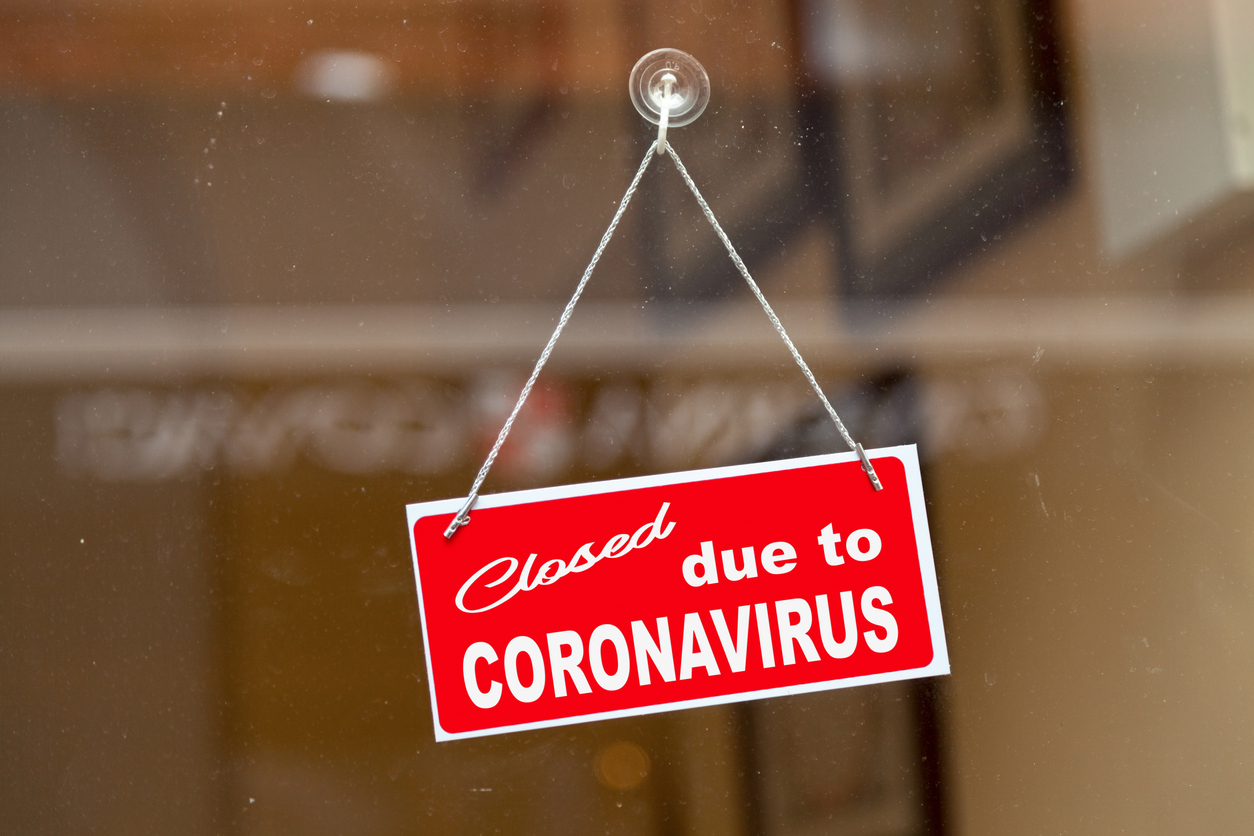Businesses forced closed by COVID-19 and denied coverage by their insurers received a legal boost this month. In a recent North Carolina ruling, the court held that a commonly worded business interruption policy covered losses arising from closures mandated by COVID-19.
On October 9, 2020, a Durham, North Carolina trial court granted a motion for partial summary judgment by several restaurants contesting coverage denials for their business losses caused by COVID-19.1 The plaintiffs include sixteen restaurants who purchased “all risk” insurance policies from Cincinnati Insurance Company (“Cincinnati”). The policies include a common Business Income and Extra Expense form providing:
(1) Business Income
We will pay for the actual loss of “Business Income” and
“Rental Value” you sustain due to the necessary “suspension” of
your “operations” during the “period of restoration.” The
“suspension” must be caused by direct [accidental physical loss or accidental physical damage] to property at a
“premises” caused by or resulting from any Covered Cause of
Loss.(2) Extra Expense
We will pay Extra Expense you sustain during the “period of
restoration”. Extra Expense means necessary expenses you
sustain … during the “period of restoration” that you would not
have sustained if there had been no direct [accidental physical loss or accidental physical damage] to property caused by or resulting from a Covered Cause of Loss.
The trial court applied the first cardinal rule of insurance policy interpretation: Apply the plain and ordinary meaning of the policy terms. The court noted that the terms “physical loss” and “physical damage” were not defined in the policy, so the court referenced standard dictionary definitions. The court cited Merriam Webster, which defined “loss” as the “act of losing possession,” the harm resulting from “separation,” and/or the “failure to . . . utilize.” It also cited Random House Dictionary for defining loss as “being deprived of or being without something that one had.”
Applying these definitions, the court found that the plain and ordinary meaning of “physical loss” includes a loss of use of business premises due to COVID-19 shut-down orders.
The court rejected Cincinnati’s argument that “loss” must mean a physical alteration of property and not a pure economic loss. The court found that interpretation unreasonable after applying another cardinal rule of policy interpretation, that all terms should be given independent meaning and interpreted harmoniously whenever possible. The court pointed out that the policy’s use of the disjunctive term “or” between the terms “physical loss” and “physical damage” supported its conclusion that a “physical loss” does not necessarily require physical damage or alteration of property.
The court also noted that even if Cincinnati’s interpretation was also reasonable (which the court found was not), the tie would go to the insured anyway. This too is a cardinal rule of policy interpretation—that ambiguities should be construed against the insurer. A term is ambiguous if it can reasonably be interpreted both for and against coverage.
Finally, the court found noted it was “undisputed that the Policies do not exclude virus-related causes of loss” and that no other exclusions applied. The court affirmed coverage for these restaurants.
While a decision by a North Carolina trial court is not binding authority on other courts, it is persuasive authority that can be drawn on for other cases. Many policies have very similar language. Moreover, the cardinal rules this court applied exist in most other states. Additionally, the simple and straightforward reasoning is persuasive and won’t be hard for other courts to understand.
Will this decision be a trend? For the sake of our country’s economic future and the livelihoods of our fellow citizens, let us hope so.
__________________________________
1 North State Deli, LLC et al., v. Cincinnati Ins. Co., No. 20-CVS-025698, (N.C. Super. Ct, (Durham County) Oct. 9, 2020).




